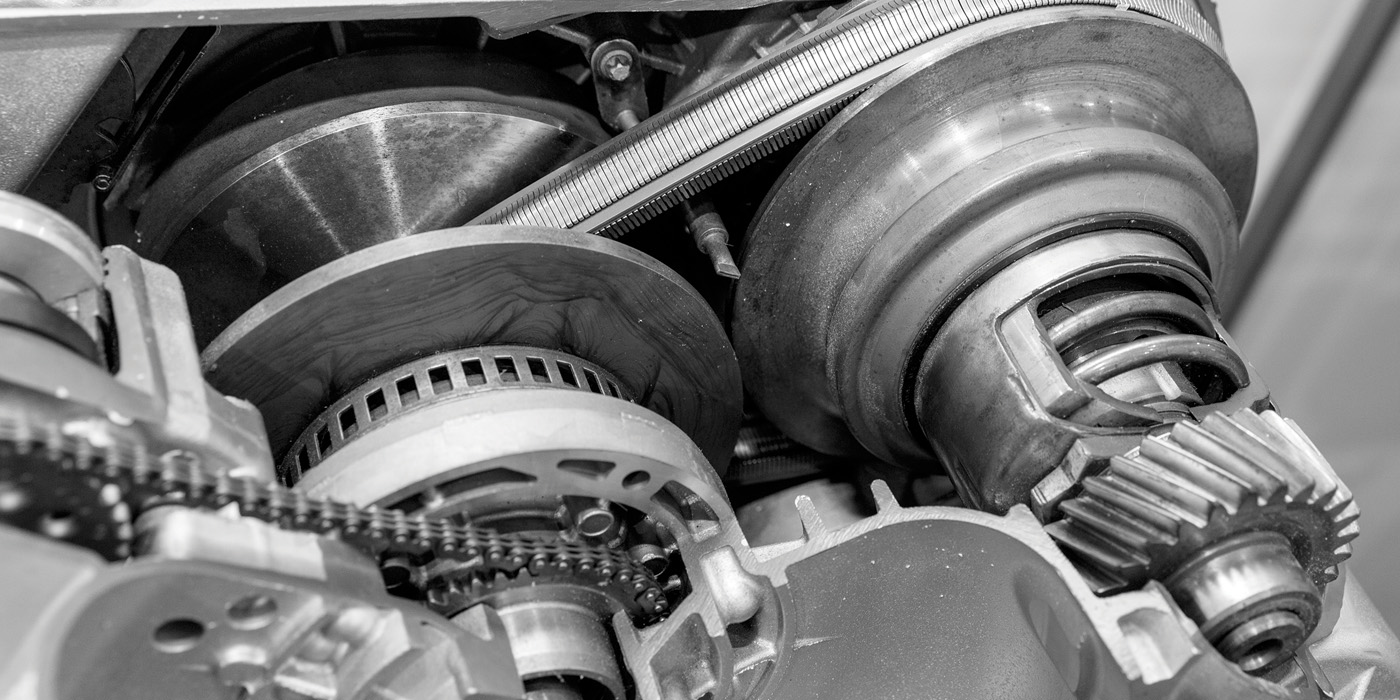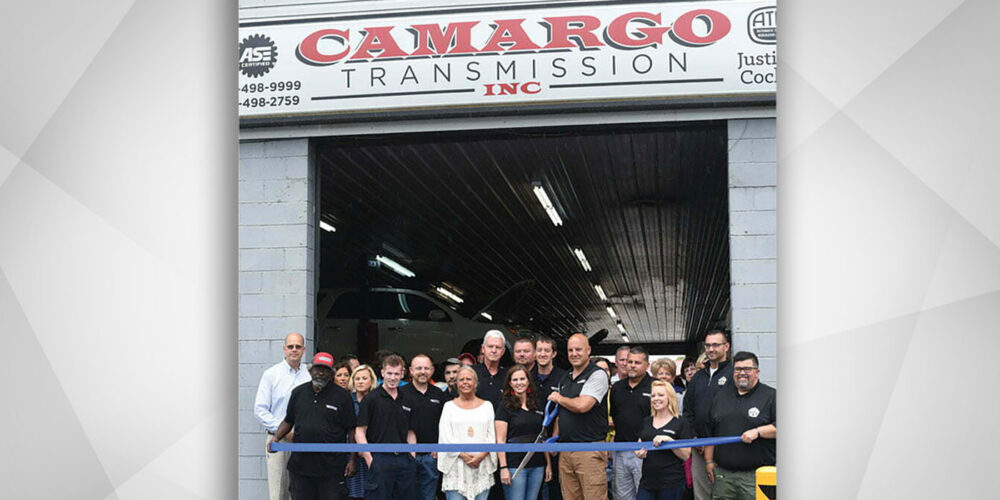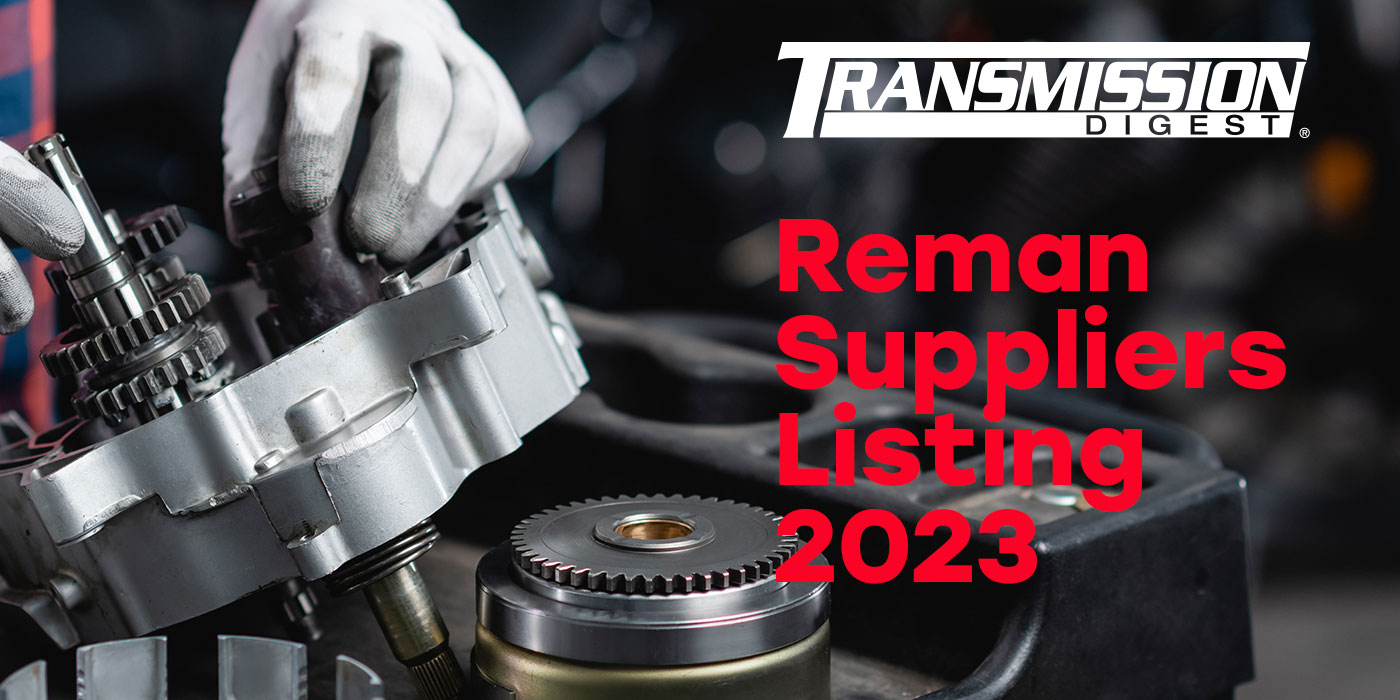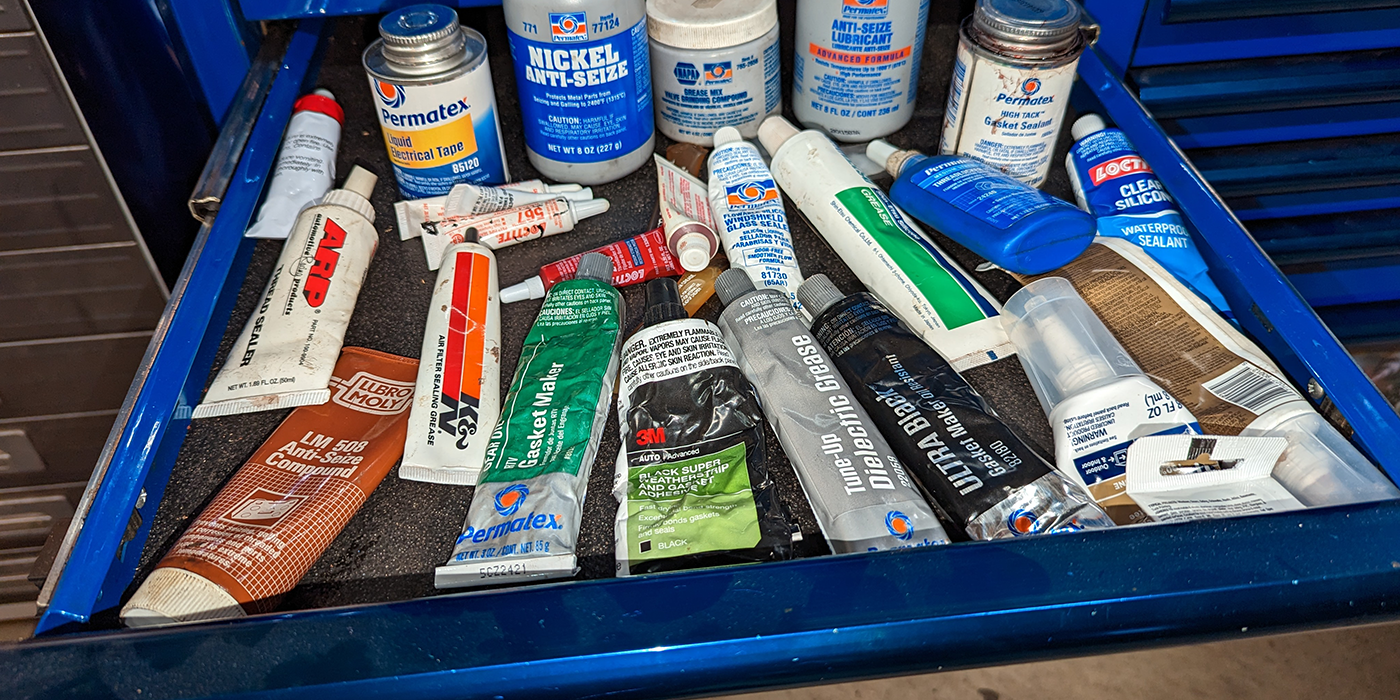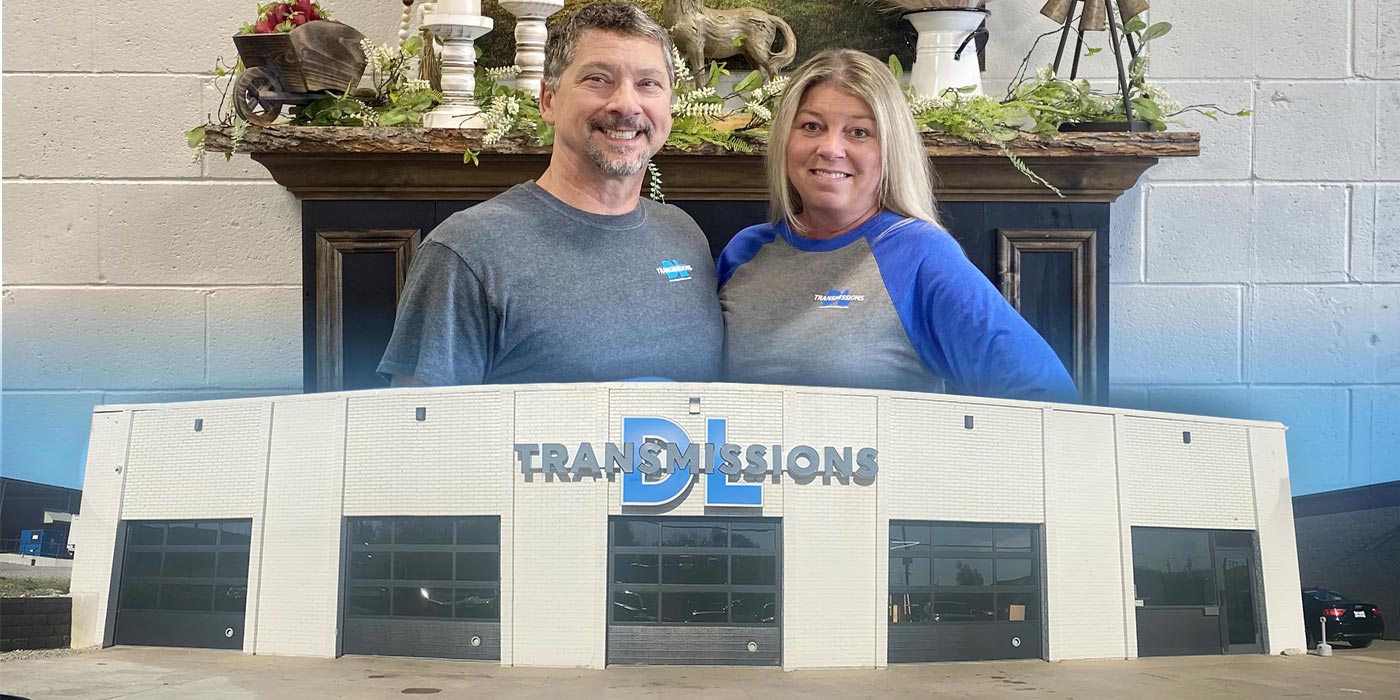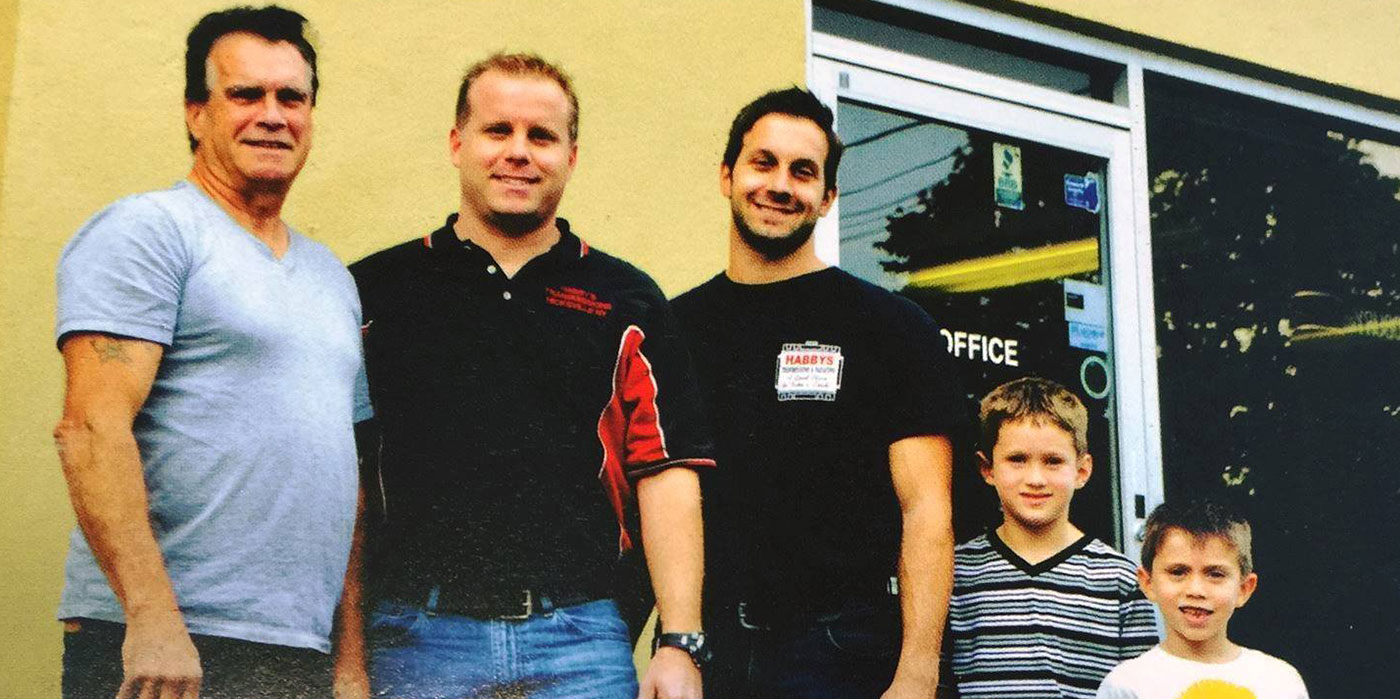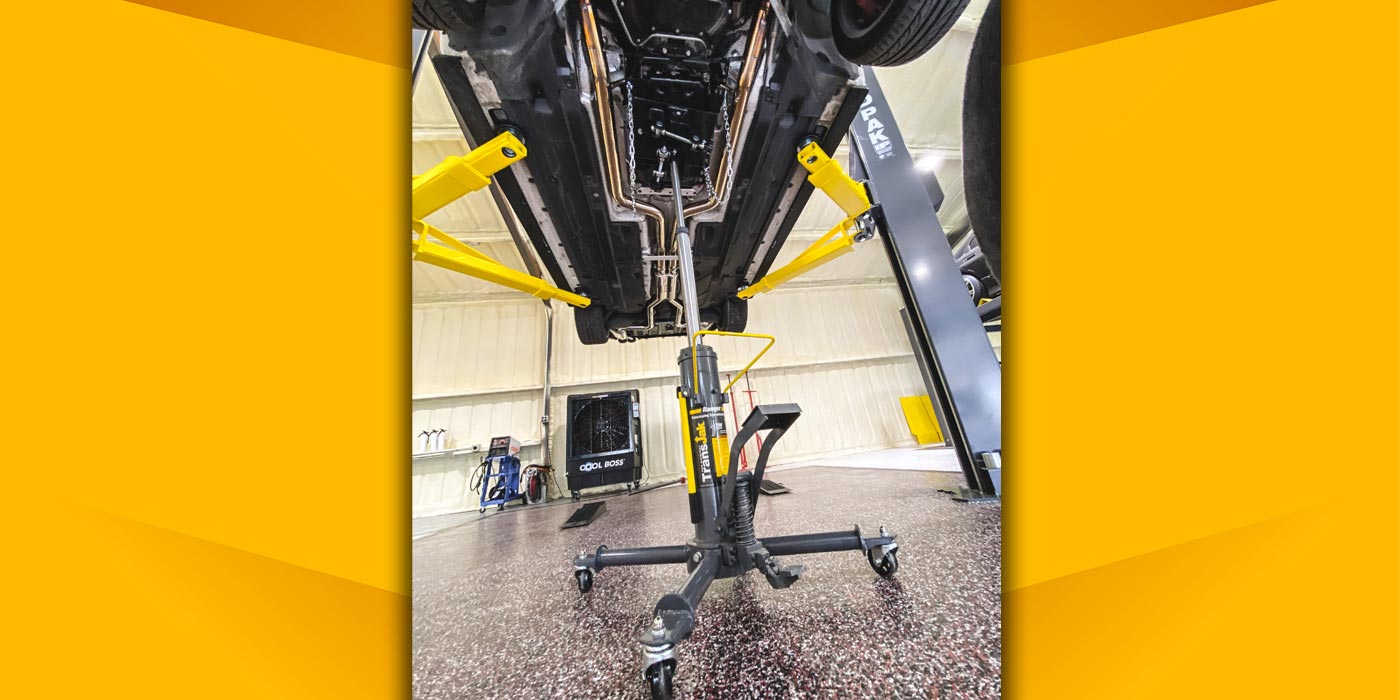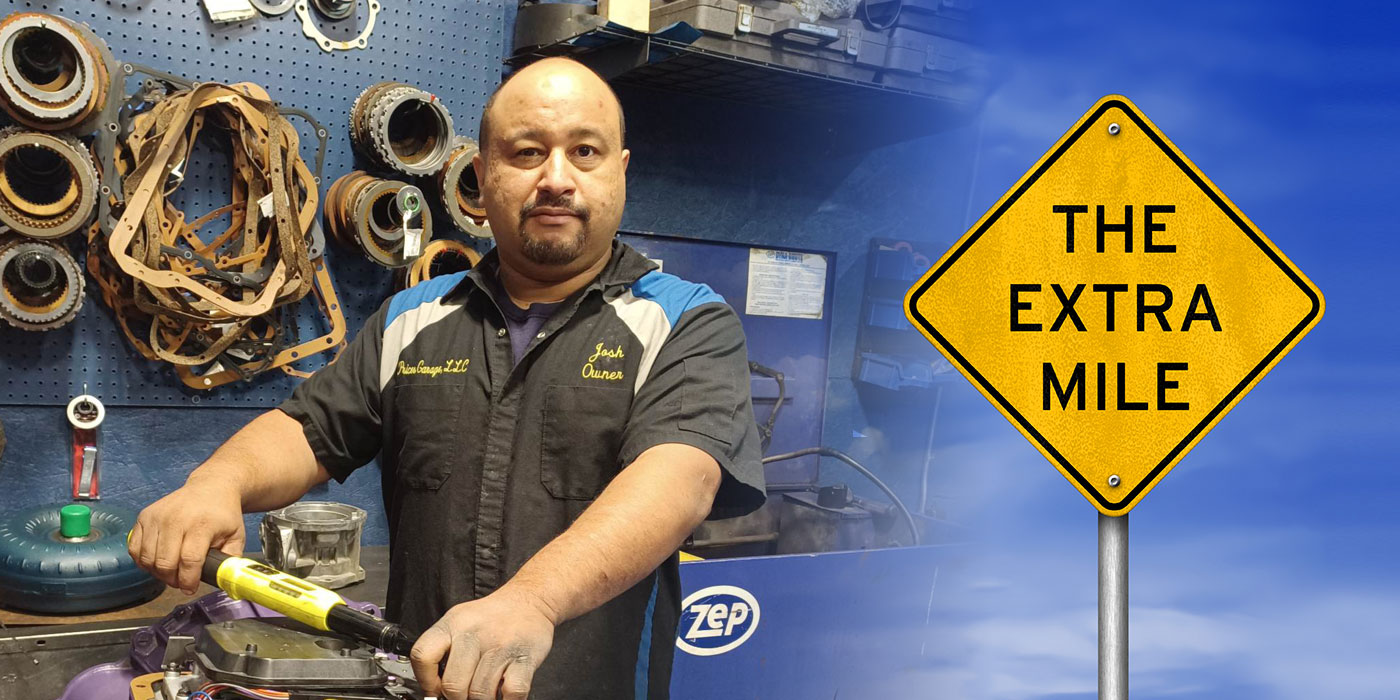
It’s Your Business
- Subject: Marketing in tough economic times
- Essential Reading: Shop Owner
- Author: Terry Greenhut, Transmission Digest Management Editor
That’s how I should answer my phone: “Hello, complaint department. What’s your complaint?”
As often as not it will be: “My phone isn’t ringing. People aren’t calling and they’re not coming in, and even if they do, they don’t have any money and they don’t want to fix their cars.”
Sound too familiar? This isn’t anything new. It’s just more critical than it used to be. One would think it’s a universal complaint, but it doesn’t apply to everyone. There are some who do very well in tough times because they seem to understand what others don’t – that when it gets really tough out there, they have to become more innovative, aggressive and excited about their businesses.
As one shop owner recently put it, “I love when the auto manufacturers lay off thousands of people and when gasoline prices keep climbing and interest rates sneak up.”
All those factors make Americans lose a certain amount of faith in the economy. They worry about the future of their own employment, even if their jobs have nothing to do with auto workers being laid off. When in that worry mode they don’t buy anything that requires monthly payments and a long-term commitment. When gasoline prices increase they cross the big SUV off the list or put buying it on hold until they see what’s going to happen. If people aren’t buying new cars they have to maintain their old ones, and no matter how well they were originally built, time and mileage will cause them to need repairs.
We all know the difference between a recession and a depression. A recession is when your neighbor loses his job; a depression is when you lose yours. But a recession makes people crawl into a foxhole to wait for the war to pass by. The cycle generally lasts for a year or more. It usually takes about that long for Joe Average to figure out he isn’t going to lose his job. During the time he’s in fear and not buying anything, a strange phenomenon is taking place. He’s actually paying down his credit card and other debt. As soon as he again feels confident that his job is OK, he opens the floodgates and begins to spend, and pretty heavily at that. After all, he has to catch up on all those things he wanted to buy.
In the depths of that recessionary period there are a few things he will spend money on, not because he wants to but because he has to. And that’s where we come in. If we can make ourselves understand that bad times for others don’t have to be bad times for us, if we look at those times as opportunities, we can find lots of people to whom we can sell our services.
Have you ever thought that you might be better off not knowing what the state of the economy is at any given time? If you didn’t know or if you were always under the impression that things were good, you probably would have much higher expectations that your outside-selling and advertising efforts would prove fruitful.
The news in general and the financial news in particular are usually depressing. On a few odd days there will be some good news that gets investors fired up, but for the most part it doesn’t work that way, so millions of people start every day by listening to or watching depressing news. Maybe that’s why you run into so many negative people. They’re being programmed to be negative every morning.

It has to be extremely difficult for salespeople to go out and make presentations when they have been brainwashed into believing that their efforts will fall on the ears of people who are programmed not to buy. What’s especially harmful is that it isn’t true. Even in the worst of recessions business is still being done – and, in fact, many companies prosper during such times, just as yours should.
I find it hard to believe that the economy in the United States is anything other than booming when I go out to dinner on Saturday night and have to wait well over an hour for a table, and that’s pretty much the case at any decent restaurant. When people have enough discretionary income to spend $100 or more per couple on dinner, things are usually pretty good.
When we aren’t able to draw enough business from our primary marketing area, we have to look toward our secondary market. Even if you normally operate within a five-mile radius of the shop, if that’s your comfort zone, you may need to get uncomfortable and venture out farther, even if it costs more to bring that business to the shop. But before you go too far be sure you’ve cultivated every opportunity in your own back yard.
The keys to marketing in tough times are to:
- 1) Be investigative. Turn over every rock looking for customers and for other value-added services to offer to your existing or prospective customer base. Take the time to physically go out and walk the area looking for small fleets sometimes parked behind buildings; check local police, highway and public-works departments regularly. Become an ambulance chaser; find out where they are and offer your services. School buses are an excellent source of continuous business. Virtually every service business has vehicles, and somebody is fixing and maintaining them.
- 2) Be aggressive and persistent. Keep calling on prospects until they either throw you out or agree to do business with you. On average it takes seven visits before they agree to give you a try and mean it. (Many times they say they will just to get rid of you.)
- 3) Have something to offer that the competition doesn’t: a better warranty, faster service, better quality, free pickup and delivery. In offering any of these you must be able to prove that you can actually deliver on the promises and at the same time demonstrate how the feature will benefit the customer.
For example: You have to show the customer how the free pickup-and-delivery service saves money. It isn’t enough to say, “We offer free pickup and delivery.” You have to ask how he gets vehicles to the shop that is doing the work. When he says he has to send two people (one to drive the car and one to bring him back), you have to find out what that costs him. Then do the same for when they have to go and retrieve the finished vehicle. If two men spending a total of an hour apiece at a labor rate of about $70 an hour go out to do this task, it costs the business owner $140 to take that car to the other shop and pick it up. Once you have his agreement that he is spending that amount, he can accept the fact that your free pickup-and-delivery service will indeed save him that amount.
If you want to offer faster service, try guaranteeing it. Downtime is a big problem with commercial vehicles. They need to be on the road so they are making money. Ask how much the company loses each day when it has a vehicle that can’t go out and do its job. Then find out how long it takes for the present service provider to repair the transmissions. If they can do it in three days, you can do it in two. The guarantee is that if you don’t succeed in beating the time, you will pay the company the amount it loses for each additional day the vehicle is down beyond the number of days you promised.
- 4) Make relationships with community leaders, people who influence others. They are usually the higher-ups in local service organizations like the Lions, the Rotary Club or the Chamber of Commerce. They can be pastors of local churches, politicians or other well-known business people.
- 5) Do your acts of kindness and goodwill in the neighborhood where your shop resides. If you live 20 miles away from the shop and do your volunteer work on your home turf, it’s unlikely that your neighbors will drive past 10 other transmission shops just to get to yours.
Whatever you do will be better than if you hadn’t done anything at all. Most businesses that are slow are that way because the owner doesn’t possess either the knowledge or the desire to go out and light the world on fire. Remember that an entrepreneur is not someone who simply owns a business.
It’s someone who grows a business to its maximum potential. Here’s one way you can trick your mind into cooperating: No matter how long you have owned the business, keep telling yourself that you are brand new at it. That pushes all history aside and allows you to think of only the future.
Then ask yourself, “If I had just opened today, how much effort would I put into building this business?” Then go and do it.

Visit www.TerryGreenhut.com.


